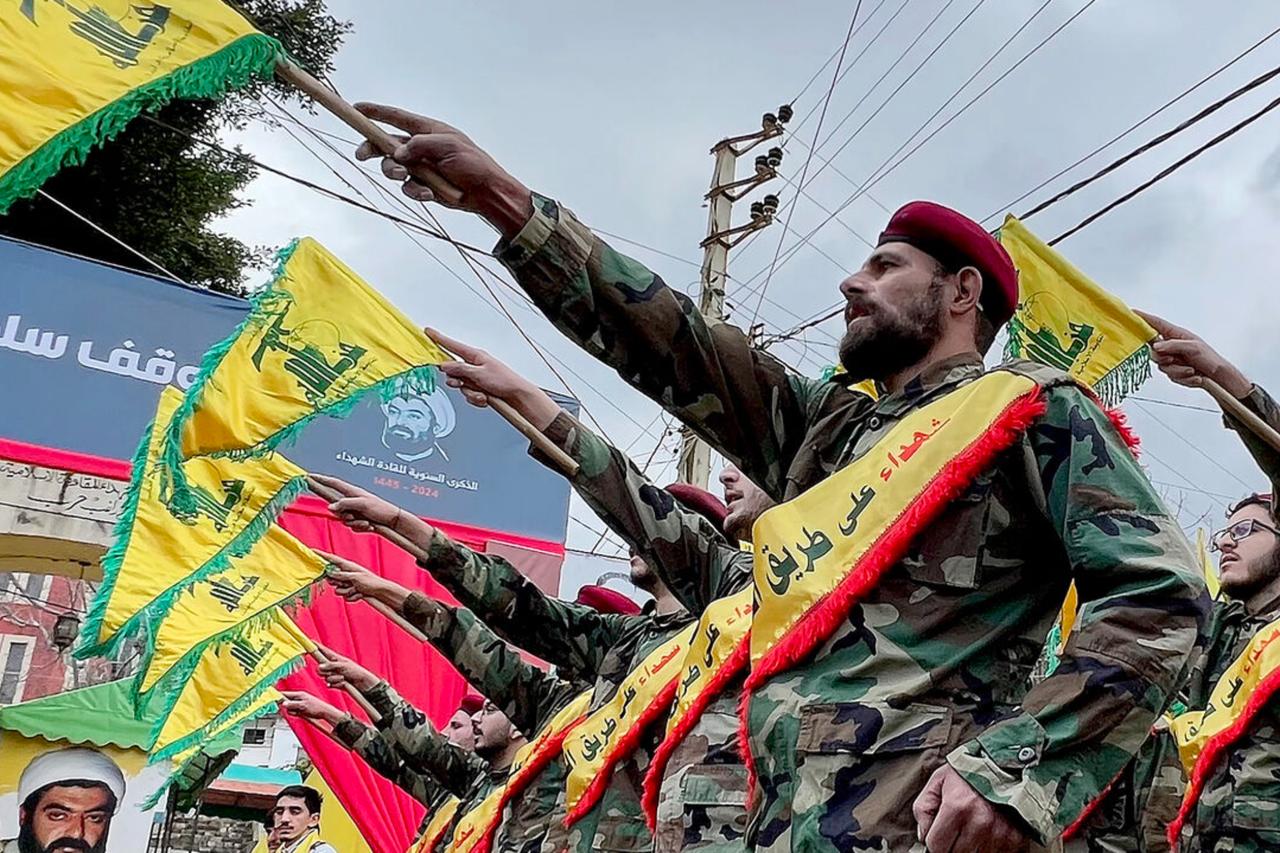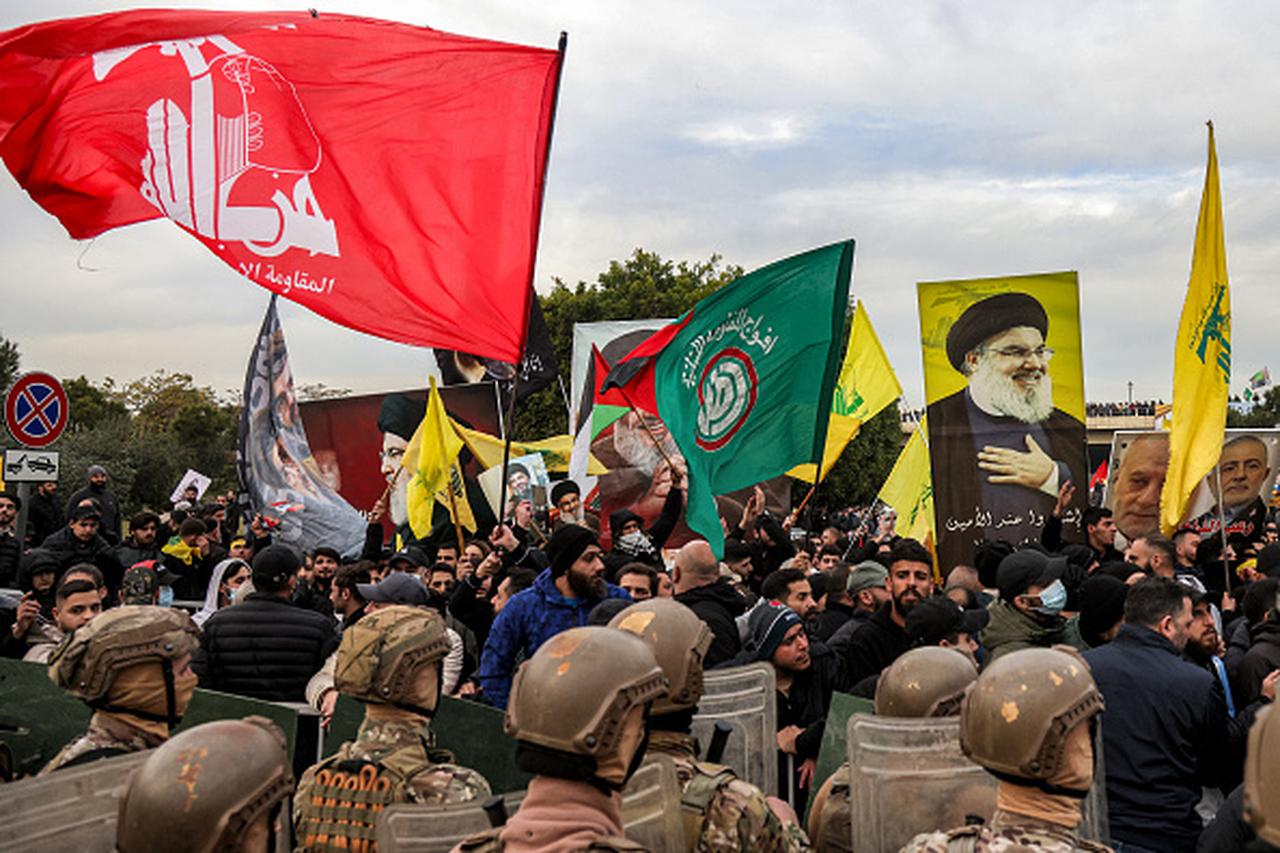
Israeli military analyst Avi Ashkenazi said the Israeli army has redirected its focus toward Hezbollah following the Gaza ceasefire, making the Lebanese group once again Israel’s top priority.
Writing in the Maariv newspaper, Ashkenazi argued that “the ceasefire in Gaza should be a serious concern for Hezbollah,” noting that the Israeli army has gained “enough time, manpower, weapons and capacity” to strengthen its operations against the group.
The Gaza ceasefire, brokered in October under U.S. President Trump after two years of conflict between Israel and Hamas, allowed Israel to shift attention back to its northern border.
A similar truce was reached between Israel and Hezbollah in November 2024, ending a year-long war that killed more than 4,000 people and wounded around 17,000.
Despite the agreement, Israel reportedly violated the ceasefire more than 4,500 times, resulting in hundreds of civilian deaths and injuries.

Ashkenazi said Israeli operations in Lebanon have intensified since the Gaza ceasefire began, citing “the neutralization of ten Hezbollah members” and numerous airstrikes in just the past two weeks.
He noted that Israel’s intelligence units are now heavily focused on Hezbollah and that recent large-scale military exercises along the Lebanese border signal increased readiness.
“The ceasefire has allowed the army to reorganize its capabilities and carry out faster operations in Lebanon,” Ashkenazi said, adding that Hezbollah is “cornered,” as the Lebanese government, with U.S. support, has taken steps to disarm the group.
Ashkenazi warned that Hezbollah could retaliate by targeting Israeli military positions in the occupied Shebaa Farms area or by launching rockets toward Israeli towns such as Avivim, Yaron, and Hanita.
He stressed that “Israel’s army currently has excess energy, weapons, and operational capacity,” concluding that “Hezbollah has once again become Israel’s primary target.”
Despite ongoing ceasefires in Gaza and Lebanon, Israel continues to carry out sporadic attacks in both territories, maintaining control over several areas captured during the conflicts.